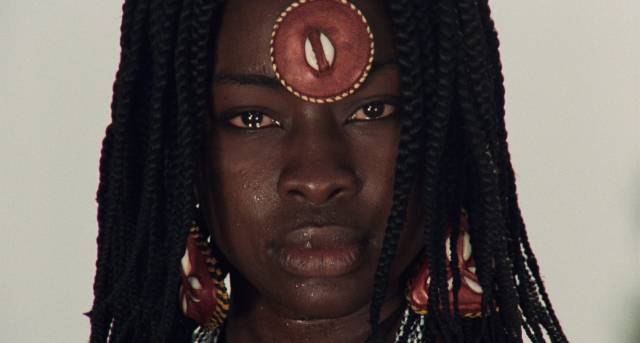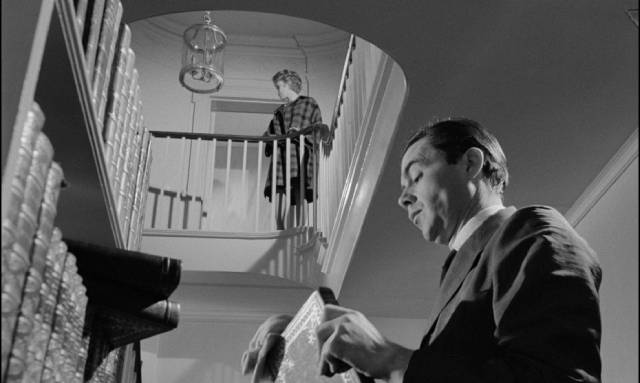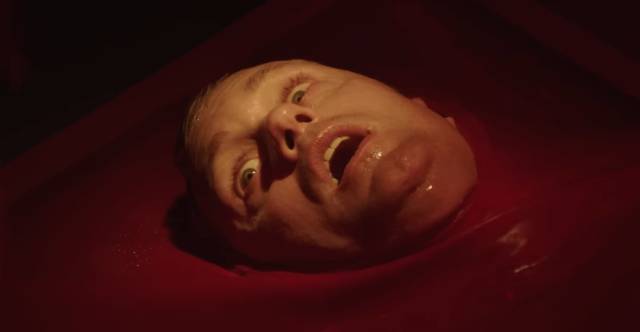
Criterion follow their 2021 edition of Ousmane Sembène’s Mandabi (1968) with a three-disk set showcasing the features he made in the 1970s, works which continued his exploration of African identity in the shadow of centuries of colonial oppression. Emitaï (1971), Xala (1975) and Ceddo (1977) range across two centuries, from the pre-colonial incursions of Christianity and Islam to the brutality of French colonial oppression and on to the political corruption of the post-colonial era.








